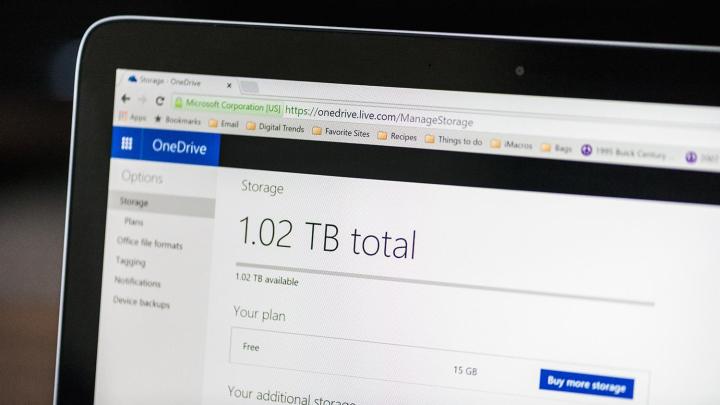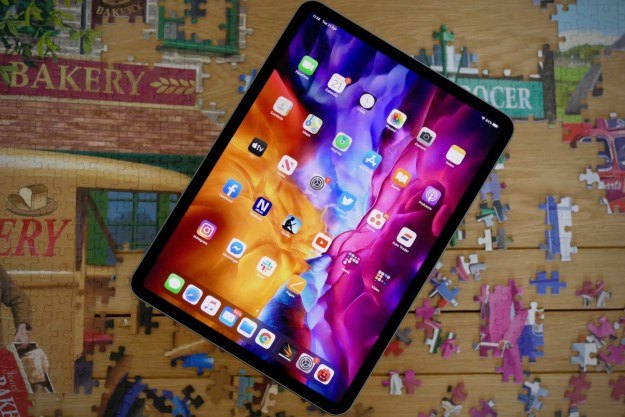
Microsoft announced in late 2015 that due to what it called “abuse” of its unlimited storage package by some members of its system, it would be killing off unlimited packages. It also announced a reduction in free-account storage space. While this would likely be quite a drastic reduction for some users, Microsoft did offer 12 months for people to get their files in order.
Now that grace period is up, and it’s time to pay the cloud-storage piper. Starting Thursday and running through the next 48 hours, Microsoft is limiting unlimited accounts to one terabyte per user, even on family accounts for up to five people. OneDrive Basic users, who pay nothing for their storage, can only expect 5GB of space moving forward.
Despite the yearlong lead-in to this crackdown, Microsoft isn’t drawing a line in the sand. Any users found using more than their accounts are now rated for will be put into “over quota mode.” From that point on, users have three months to get their data down to their prescribed limit or they will face being unable to access their data. They also won’t be able to add any more files or data to the cloud storage platform until they get below the threshold.
Users who don’t comply with the new regulations and have their information locked up by Microsoft, will be granted one 30-day period within the following six months to get the data out or reduce the amount stored with OneDrive.
Although it’s understandable why Microsoft might not want to store upwards of 100TB for some users who pay the same as those storing just one or two terabytes, as Neowin points out, there is perhaps some hypocrisy in punishing users for taking the “unlimited” marketing literally. That said, Microsoft is not the only company that claims users who are given unlimited packages are “abusing” the system.
Editors' Recommendations
- OneDrive is ruining my PC gaming setup
- It’s not just you — Microsoft admits its patches broke OneDrive
- What is OneDrive?



